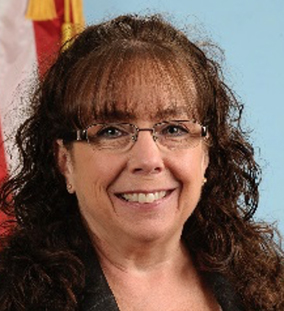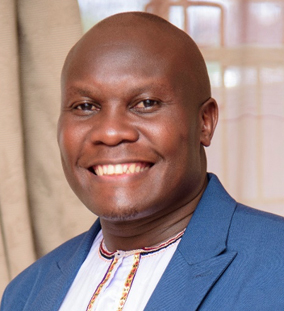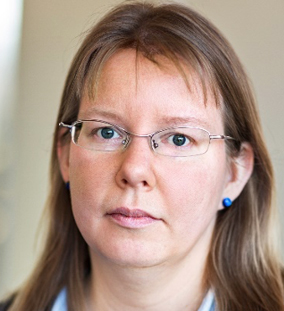ORGANIZERS
National Institute of Statistics and Geography (INEGI)
It is the autonomous public body responsible for the generation of statistical, demographic, social, economic, geographical and environmental information in Mexico. It is also in charge of the regulation and coordination of the National System for Statistical and Geographic Information (SNIEG), on which the National Subsystem of Government Information, Public Security and Justice Administration depends. The data produced by the Institute contributes to the development of the country by providing authorities and decision makers with strategic and relevant information concerning the national context.
United Nations Office on Drugs and Crime (UNODC)
Established in 1997, UNODC's mission is to seek a safer, more peaceful and just world with the human being at the center of its actions. The Office works to provide assistance to Member States, to strengthen crime prevention schemes, establish mechanisms to achieve a safe society, strengthen the rule of law and the administration of justice, promote stable criminal justice systems, and fight threats of organized crime, corruption, terrorism and illicit drugs.
Statistics Korea (KOSTAT)
It is the central government agency responsible for producing and coordinating national statistics of Korea. KOSTAT conducts major censuses and sample surveys to measure social and economic statistics and provides standard definitions; methodologies and classifications for all producers of national statistics to apply commonly. KOSTAT actively participates in diverse international statistical activities in the Asia-Pacific region and beyond. KOSTAT hosts various international conferences on statistics and related fields.
Center of Excellence in Statistical Information on Government, Crime, Victimization and Justice
It is a joint project between UNODC and INEGI, focused on strengthening the processes of generation, improvement and use of statistics on government, public security, victimization and justice in Latin America and the Caribbean. Its activities are related to the development of information gathering and analysis tools, the organization of seminars, the creation of statistical knowledge, the promotion of international methodologies and standards, as well as the preparation of research publications.
Centre of Excellence for Statistics on Crime and Criminal Justice in Asia and the Pacific.
It is a joint project between UNODC and KOSTAT, founded August 2019, in Daejeon, Republic of Korea. The CoE Kor assists Member States in the Asia-Pacific region to build capacity for the production, collection, analysis and dissemination of crime and criminal justice data for evidence-based policymaking. The CoE Kor provides support across political, institutional, and technical levels, to promote the prioritization of crime statistics, enhance the capacity of crime statistics systems, produce innovative methodological research and assists with the implementation of the International Classification of Crimes for Statistical Purposes, crime victimization surveys and corruption surveys.
Scientific Comittee
• Thomas Abt Council on Criminal Justice • Katherine Aguirre Igarapé Institute • Alberto Aziani Transcrime • Paolo Campana University of Cambridge • Meredith Dank John Jay College of Criminal Justice • Manuel Eisner University of Cambridge • Dae-Hoon Kwak Chungnam National University • Jens Ludwig University of Chicago • Maria Maras John Jay College of Criminal Justice • Angela Me United Nations Office on Drugs and Crime • Alina Mungiu-Pippidi Hertie School of Governance • Alison Ritter UNSW Sydney • Malarvizhi Veerappan World Bank









































































